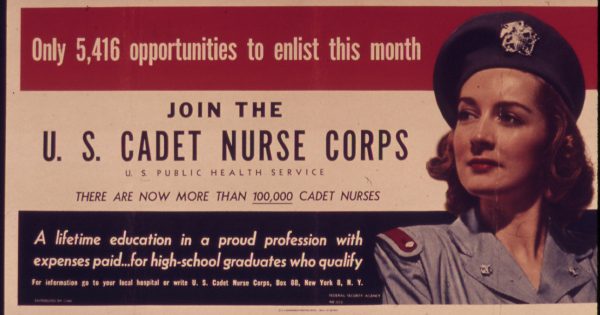As the largest healthcare provider group in the country, nurses are no strangers to treating pain, including chronic, acute, and emotional pain. Nurses are also subject to their own personal pain, and they are not alone. Today, there are approximately 50 million adults in the US living with chronic pain and over a third of those adults’ pain interferes with their daily activities. ANA is monitoring and advocating along with our nursing partners, around the Department of Health and Human Services Pain Management report due to be finalized later this year, that promises to help providers use evidence based treatments to manage their patients’ pain while considering the nationwide opioid epidemic.
In 2011, the Institute of Medicine recommended that pain and relieving pain should be a national priority. The report goes on to say that pain is a chief driver for visits to physicians and other healthcare providers, a major reason for taking medications, a major cause of disability, and a key factor in quality of life and productivity. We have all experienced pain and for many, if not all nurses, we have had to decide how and to what degree to treat that pain.
The Code of Ethics for Nurses with Interpretative Statements (the Code) mandates that nurses have an ethical obligation to treat their patients’ pain without bias. To minimize biases, the nurse must identify the influences and intentionally set them aside. However, the Code does not say how they must treat pain. For many what first comes to mind is treatment that involves opioids. For some diagnoses, opioids are part of the best clinical practices for treatment; for others, it may be a combination of pharmacological, restorative, and alternative therapies. Patient adherence, access, coverage, and social determinants may all affect the best option for the individual.
More recently, there has been a renewed interest in the role of pain with regards to the opioid epidemic. Pain is a separate disease from the addiction and dependence that can come from opioid use, a fact which has been recognized by the Department of Health and Human Services Pain Management Best Practices Inter-Agency task force. Encouraging to nurses, the task force recommends an individualized and multidisciplinary approach to chronic pain that also includes increased insurance coverage for Complex Management Situations. It also calls for safer opioid stewardship through a risk assessment based on the patients’ medical, social, and family history.
Nurses are also positioned to provide care coordination activities for improved patient outcomes to patients and their families suffering from chronic pain conditions and associated co-morbidities. ANA commented on the draft pain management report and will continue to advocate the role of nursing in treating chronic pain to the task force and agency. The task force will meet on May 9th and 10th to vote on final recommendations.
Recognizing pain as not just a symptom, but rather a disease for some patients, may help shape the patient-provider relationship and higher quality outcomes of care. Pain can have devastating personal, financial and social consequences. Reshaping how nurses talk about pain with their patients and taking the time to learn about and advocate for alternative therapies available in the community, can help in the immediate care of a patient and the long-term ability to complete activities of daily living.

